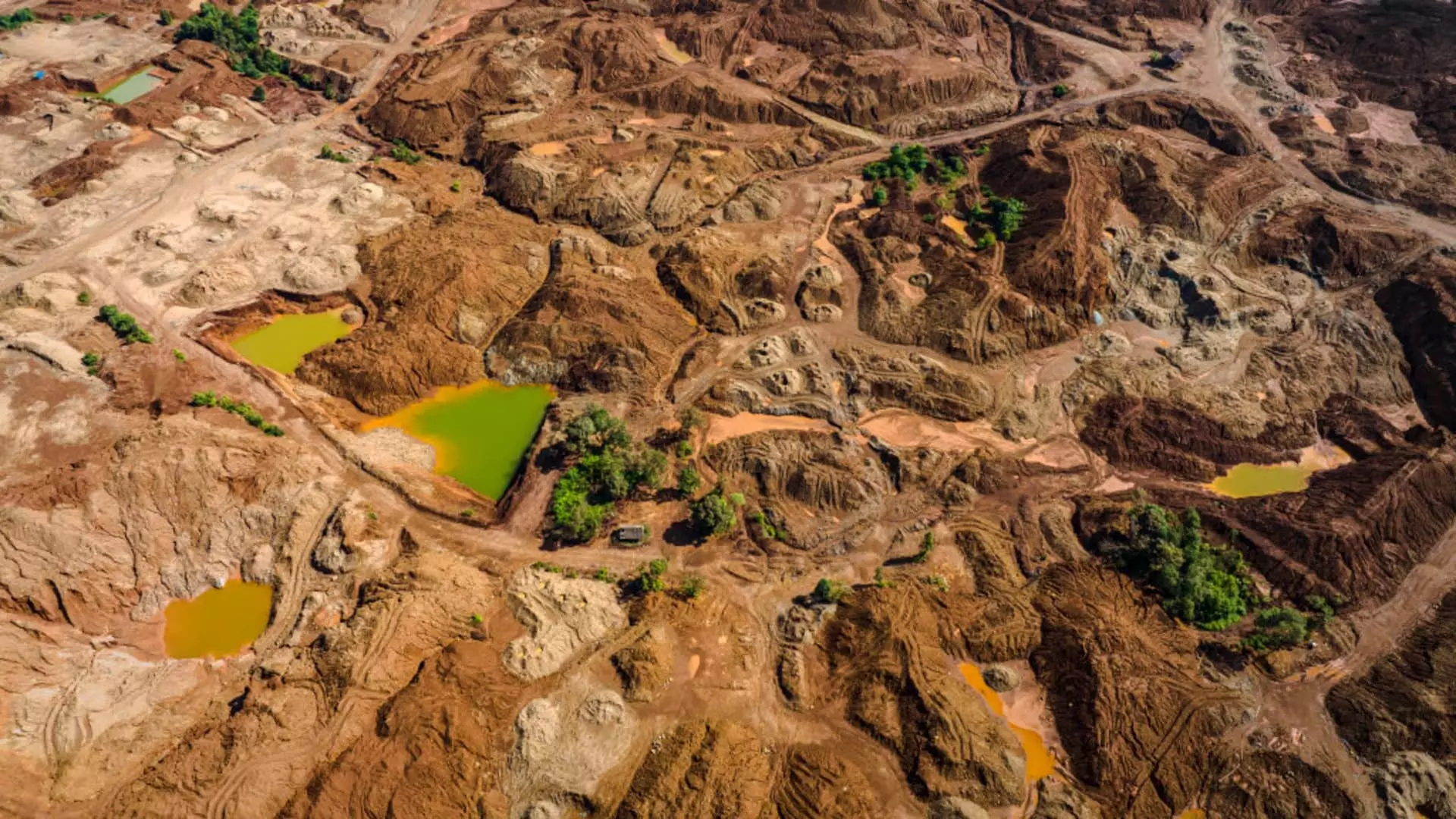The United States and Indonesia are set to embark on discussions regarding a potential minerals partnership aimed at boosting the trade of the electric vehicle (EV) battery metal nickel. Indonesian President Joko Widodo’s visit to the White House presents an opportunity to explore next steps that could lead to formal negotiations on this partnership. However, despite the promising momentum, the Biden administration remains concerned about environmental, social, and governance standards in Indonesia, and further consultations with U.S. lawmakers and labor groups are planned.
With the world’s largest nickel ore reserves, Indonesia is keen to leverage its abundant resources to develop an EV supply chain. While most of its nickel is currently processed into crude metal, the Indonesian government aims to utilize the vast nickel reserves for battery material production. This strategic move aligns with the global trend toward transitioning to electric vehicles, where nickel plays a vital role.
The discussions between the Biden administration, which involves U.S. Trade Representative Katherine Tai and the White House, emphasize the importance of ensuring that any potential nickel supply has minimal environmental impact. The administration is aiming to meet stringent environmental standards and considers sustainable sourcing a critical factor in establishing the partnership.
Despite the positive trajectory, there are significant challenges and risks associated with this potential partnership. Nickel mining in Indonesia has previously led to heavy deforestation and water pollution, causing environmental concerns. The Biden administration acknowledges these risks and seeks to address them through comprehensive negotiations.
To qualify for tax credits, guidelines under U.S. law require a specific amount of critical minerals, including nickel for EV batteries, to be produced or assembled in North America or a free trade partner. Currently, Indonesia does not have a free trade agreement with the United States, which poses a hurdle in establishing a smooth trade relationship. The Biden administration is exploring ways to navigate this requirement, potentially including provisions to carve out nickel extracted from Indonesia but processed in China from receiving tax credits.
The global market value for the nickel industry is projected to reach $33.5 billion in 2022. However, the market is currently oversupplied, which poses additional challenges to both Indonesia and the United States. The U.S. only has one nickel mine, which is set to close in a few years, and lacks a nickel smelter, posing a risk to Biden’s goal of establishing the United States as a leader in EV manufacturing.
To address the domestic supply challenge, the U.S. government provided funding of nearly $115 million to Talon Metals for a nickel processing plant in North Dakota, which will supply Tesla. However, Talon Metal’s proposed nickel mine in Minnesota has faced opposition from Indigenous communities, highlighting the challenges associated with mining projects on Indigenous lands. Many U.S. miners argue that the Biden administration should prioritize approving domestic projects rather than seeking international supply.
The potential minerals partnership between the United States and Indonesia holds promising opportunities to stimulate the trade of nickel for electric vehicle batteries. However, the Biden administration’s emphasis on environmental, social, and governance standards, coupled with legislative requirements and the challenges faced by both countries, necessitates comprehensive negotiations. Addressing environmental concerns, exploring trade provisions, and considering domestic supply initiatives are crucial for the success of this partnership. As the world moves toward electric vehicles, collaboration and strategic alliances will be imperative for global sustainability and economic growth.


Leave a Reply